Description
Courgette Verde Di Milano Organic
Courgette Verde Di Milano Organic This is the classic dark Italian Courgette / Zucchini variety used across a wide range of Italian dishes. This is also the perfect compact bush variety. For those with smaller plots and equally those with large plots squeezing too much in.
Cultivation Advice
- Choose a sunny spot with well-draining, fertile soil. Courgettes thrive in warm temperatures.
- Prepare the soil by adding organic matter like compost or well-rotted manure to boost nutrients.
- Wait until the risk of frost has passed before planting. Sow seeds directly into the ground or start with seedlings.
- Plant seeds or seedlings about an inch deep and space them 2-3 feet apart in rows or in a mound.
- Keep the soil consistently moist but not waterlogged, especially during dry periods.
- Apply mulch around the plants to retain moisture and suppress weeds.
- Use organic fertilizers high in nitrogen, phosphorus, and potassium to promote healthy growth. Apply according to package instructions.
- Regularly weed around the plants to prevent competition for nutrients and water.
- Provide support for the plants as they grow. Staking or using cages helps support the fruit-laden vines.
- Monitor for pests like aphids, squash bugs, and caterpillars. Organic pest control methods include hand-picking pests or using neem oil.
- Prevent diseases by spacing plants adequately for good airflow and avoiding overhead watering.
- Courgettes are best harvested when they are young and tender, about 4-6 inches in length. Regular harvesting encourages continuous production.
- Use a sharp knife to cut the courgettes from the plant without damaging the vine.
- Rotate crops yearly to prevent soil depletion and disease buildup.
- Consider succession planting, starting new seeds or seedlings every few weeks for a continuous harvest.
- Courgette plants often require pollinators for fruit set. Encourage pollination by planting bee-friendly flowers nearby or gently hand-pollinating the flowers using a small brush or cotton swab.
- Regularly prune excess foliage to improve air circulation around the plants and allow sunlight to reach the fruits. Trim off any dead or diseased leaves promptly.
- Monitor the plants for signs of stress, such as wilting or yellowing leaves, and address issues promptly to maintain plant health.
- Consider companion planting with herbs like basil or marigolds to repel pests naturally and improve the overall health of the plants.
- Apply organic mulch regularly to the soil surface to retain moisture, suppress weeds, and maintain even soil temperatures.
- Introduce beneficial insects or use organic pest control methods like insecticidal soap or neem oil to manage common pests organically.
- In colder climates, consider using row covers or cloches to protect young plants from late frosts.
- Extend the growing season by providing additional warmth to the plants, such as using black plastic mulch or utilizing cold frames or hoop houses.
- Harvest courgettes regularly to encourage continuous production. Store harvested courgettes in a cool, dry place or refrigerate them for short-term storage.
- Use drip irrigation or water at the base of the plants to avoid wetting the foliage, which can lead to fungal diseases.
- Water deeply and infrequently, ensuring the soil is consistently moist but not waterlogged.
- Consider adding organic amendments like aged compost or worm castings periodically to enhance soil fertility and provide slow-release nutrients to the plants.
- Check the plants regularly and harvest the courgettes before they become overripe. Smaller-sized courgettes are often more tender and flavorful.
- Use a gentle twisting motion to harvest the fruit to avoid damaging the plant.

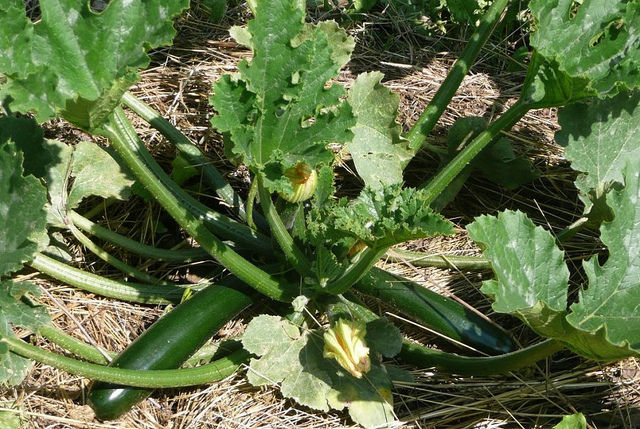
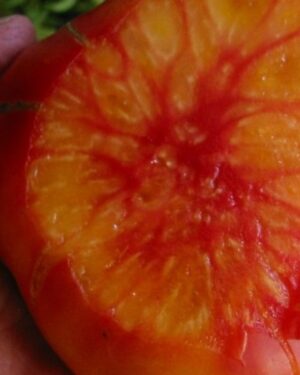
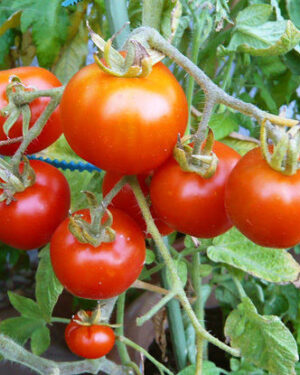
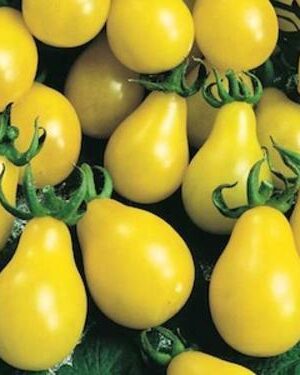

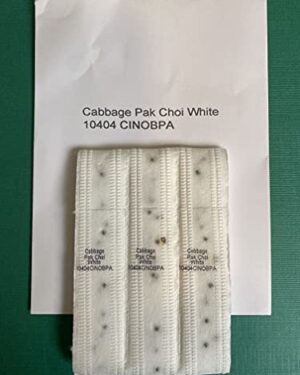
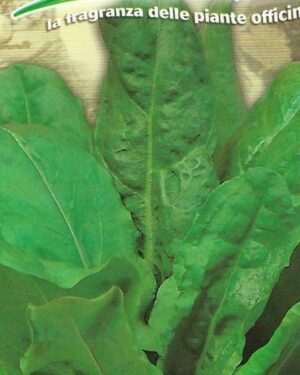
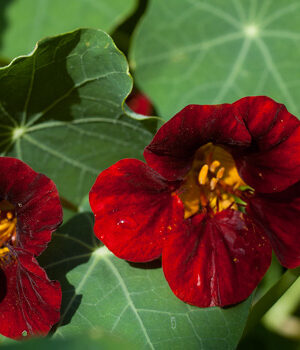
Reviews
There are no reviews yet.